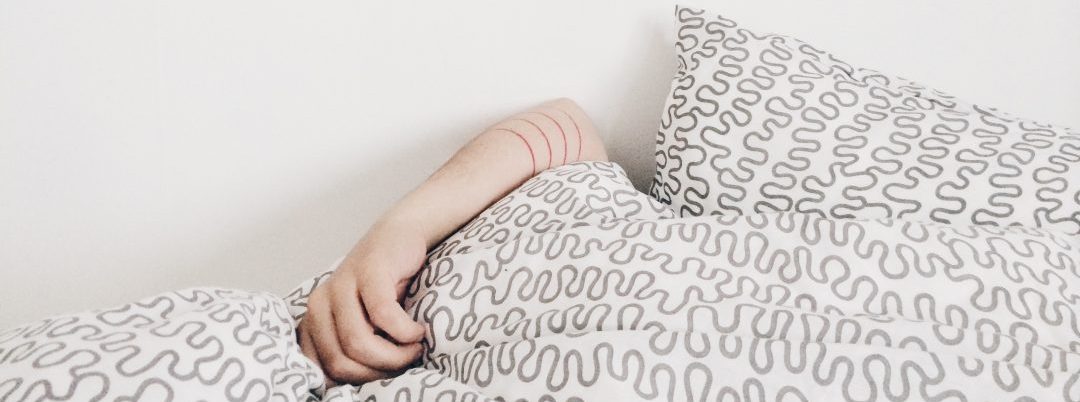
Researchers have found a more reliable, objective way to measure sleep patterns and, in turn, offer meaningful feedback to any given individual. In the new study “Dynamics and Ultradian Structure of Human Sleep in Real life,” these researchers put a new watch-like research tool to the test. This wrist-worn device—deemed an actimeter—tracks the wearer’s movement, which then reveals activity and rest patterns like never before.
Sleep studies are conventionally expensive and time-consuming; they take people out of their natural sleep environments and, therefore, don’t offer objective insight. That is, until now.
“There has been practically no possibility of getting detailed sleep structures in a normal life setting over a long period of time,” Till Roenneberg of LMU Munich in Germany explained. “You can’t easily give somebody an EEG to take home and have next to the bed. You can’t do this over six weeks or six months. We are going to see things nobody has seen before.”
The team of researchers had been collecting data on sleep duration and quality through questionnaires. But they wanted to find more objective measurements of sleep patterns among a similarly large number of people. So, they turned to the actimeter, which allowed them to collect data from 574 different subjects, aged 8 to 92 years old, over a period of more than 20,000 days. Initially, this data appeared messy and difficult to translate into meaningful information, but the researchers learned to focus on inactivity rather than activity—and this allowed them to observe and understand the participants’ sleep cycles.
The researchers used a simple conversion to measure inactivity versus activity on a scale of zero to 100—100 represented total inactivity. They deemed this new measure “locomotor inactivity during sleep” (LIDS), which showed that movement patterns signify sleep cycles. The data collected yielded virtually no sex differences; only that men move more than women do. However, they did find significant differences in subjects based on age and work schedules.
Initially, it wasn’t clear what inactivity patterns said about different stages of sleep. But after further experimentation, the researchers found that periods of the least activity indicated deeper sleep, while those of greater activity matched with light and REM sleep. According to Roenneberg, this was due to extremities frequently twitching during REM sleep, which is picked up by the actimeters.
This technology and approach to measuring sleep is still in the early stages—but as the researchers continue to use actimeters to gather information on more and more people, they hope to better measure sleep as well as sleep quality. Doing so will allow them to offer more meaningful advice regarding sleep interventions, as explained by Roenneberg:
“Right now, we’re not able to judge the outcome of interventions. If, for example, we change school times, is sleep quality changed? What about shifting work times or indoor lighting? All interventions necessary to improve sleep today are only judged by sleep duration and by asking people how they feel they have slept. There’s no objective way to measure sleep quality, and we need this desperately.”
According to Roenneberg, the research team is now equipped to measure and compare sleep in individuals of differing cultures, lifestyles, and status. And their ultimate goal is to allow any given person to upload their data and receive significant feedback on their sleep and sleep quality. “This will help many who have sleep problems and will hopefully increase the appreciation for the importance of sleep for our health and well-being,” Roenneberg said.
Sources:
Cell Press (2017, December 29). Wrist Worn Gadget Allows Researchers to Capture Real Life Sleep. NeuroscienceNews. Retrieved December 29, 2017 from http://neurosciencenews.com/sleep-wrist-gadget-8244/
Winnebeck, E. C., Fischer, D. Leise, T., & Roenneberg, T. (2017, December 28). Dynamics and Ultradian Structure of Human Sleep in Real Life. Current Biology. Retrieved on January 2, 2017 from http://www.cell.com/current-biology/fulltext/S0960-9822(17)31588-9
Let’s keep in touch! Sign up to receive our newsletter:
Start a Relationship with An Exceptional Counselor
- Skilled and caring professional counselors
- Accepting all major and most insurances
- High-touch customer service & premium benefits
- Same- or next-day appointments
- Ultra-flexible 23.5hr cancellations













